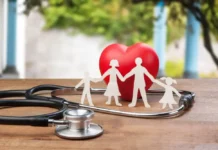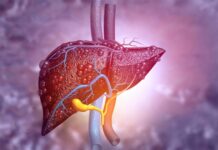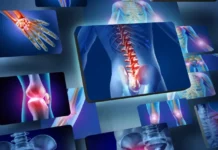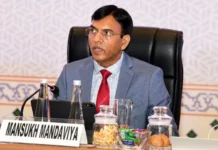 NEW DELHI: Looking to gift his wife something unusual on Karva Chauth, Delhi businessman Devesh Verma zeroed in on a novel option of buying her a health package.
NEW DELHI: Looking to gift his wife something unusual on Karva Chauth, Delhi businessman Devesh Verma zeroed in on a novel option of buying her a health package.
The package involved a series of tests for blood sugar (diabetes), vitamin D (strength of bones) and serum creatinine (kidney) along with lipid profile (cardiac).
With several executive health packages being offered by private hospitals and diagnostics, experts feel, is growing as an industry. The phenomenon does, however, raise concerns, they add.
“Laboratory medicine is a vital specialty which is of prime importance in assisting doctors to arrive at a correct diagnosis but, unfortunately, lab medicine is becoming an industry where the emphasis is more and more on tests whether required or not,” says Dr Navin Dang, Director of Dr Dangs Lab.
According to a senior doctor at Ram Manohar Lohia Hospital, such health packages are not scientific as there are very few diseases which can be picked up early, like blood pressure, diabetes, anemia, etc.
“Tests have to be directed to a specific objective. In such health packages, barring a few necessary ones, most of the tests are unnecessary.
“For example, at present breast cancer is quite prevalent and every other woman is going for check up.
Some hospitals offer mammogram screening as part of their health package. But a woman less than 40 (years of age) should not opt for such screening as it exposes them to radiation and so doing an ultra-sound should be enough,” the doctor says.
Also, in the absence of stringent guidelines on screening, some experts said they feel that these tests do not serve much purpose.
Several health packages also offer sample collection from home which, according to lab experts, is a very tricky situation as the maximum errors in lab medicine are due to sample collection, labeling and transportation.
“The source of 80 per cent of the errors in lab investigations is in the pre-analytical phase, which includes preparing the patient, sample collection techniques and transportation.
“As the person doing all that may not have the required education level and they collect more than 50 samples a day, an error in labeling is always a possibility. Thus, a patient is always recommended to go to a laboratory to give his samples,” says a senior doctor at AIIMS.
“It takes a couple of hours before it goes into processing. Temperature variability and humidity in our country makes it difficult to get the best possible results,” explains Dr Dang.
However, according to Dr Arvind Lal, chairman and managing director of Dr Lal Pathlabs, early diagnosis can help prevent 60 per cent of the menace of non-communicable diseases, which includes high blood pressure, cardio-vascular diseases, cancer and kidney and respiratory diseases, etc.
“The watchword here is detecting these diseases before they become full-blown and that is where preventive health check ups come in,” says Lal.
He stresses that people should get themselves tested at accredited laboratories.
“There are several labs which are not accredited but offer such kind of health packages. There is a need for regulating them as that will be the first step towards ensuring quality,” says Lal.
Testing laboratories are mushrooming all over the country many of which, however, lack accreditation and whose investigations are, therefore, not reliable. Laboratories where one should go for tested should have National Accreditation Board for Testing and Calibration Laboratories (NABL) accreditation, says the doctor from AIIMS.
AIIMS here was the first to start a post-graduate course in laboratory medicines in 1997. The government now plans to introduce the course in all medical colleges. -PTI






